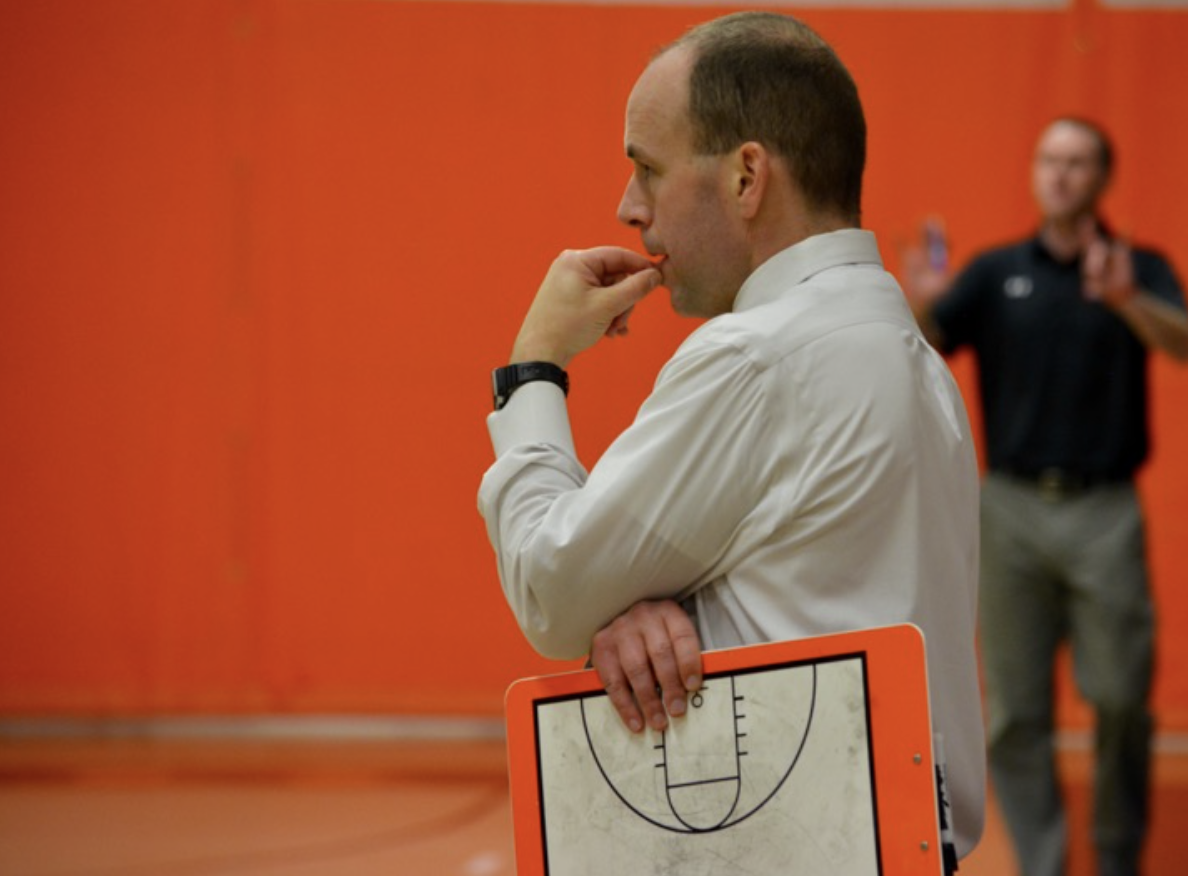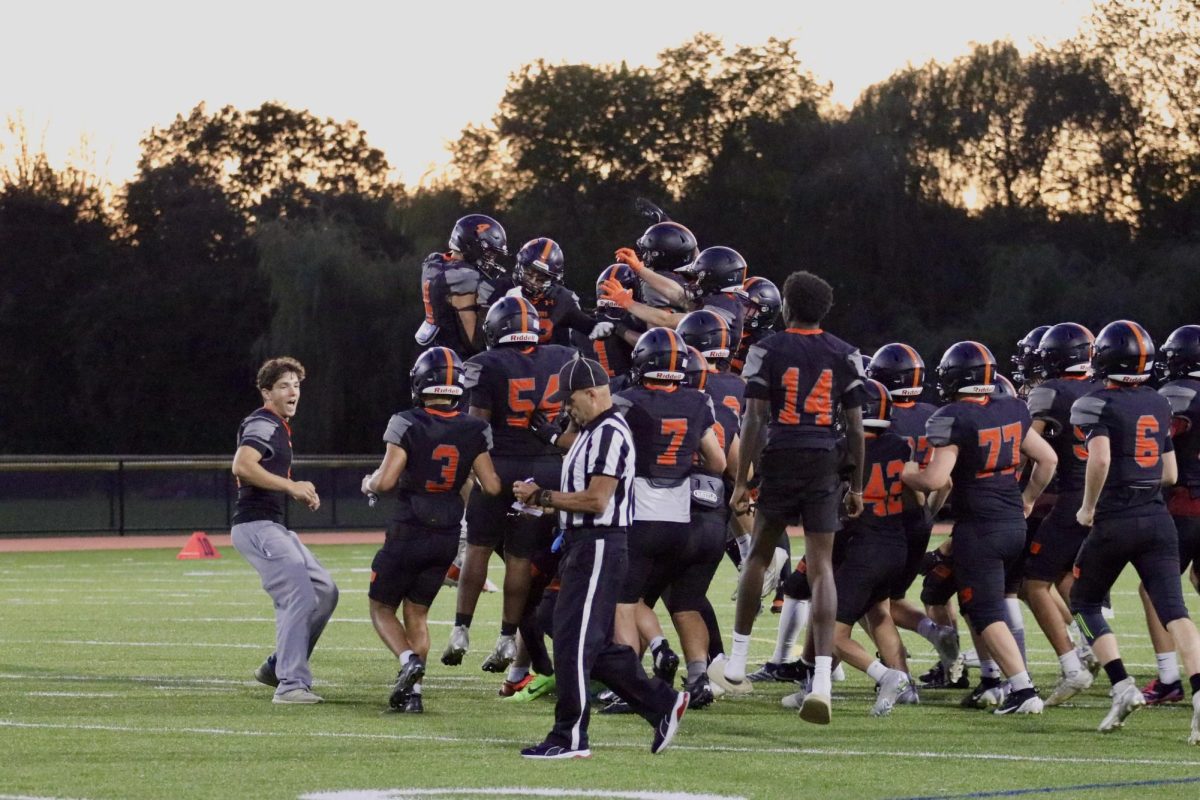Many people nowadays, especially parents and teenagers, are concerned about college. Worries range from pinning down the best location, best sports program, or curriculum, to just getting in at all. However, what is becoming more and more prevalent is the concern about a family’s ability to afford college.
Currently, college prices are increasing at twice the inflation rate. In the past 15 years, median family income is up 5.8%, while the cost of private, four-year colleges has risen 47%. Public universities are up by more than 63%. Boston University costs $37,050 a year. Over four years the total adds up to more then $148,200 dollars, excluding price increases and inflation. This price tag is not an exception; it’s the rule.
Private universities and colleges are not the only ones increasing their prices. Public universities have gone up more than 63% in the past decade and a half, rising 6.6% per year, even faster then private universities.
“I think the cost of a college education is getting ridiculous,” said Ross Cunningham, a senior. “I think a lot of Wayland kids have the privilege of their parents being able to pay it for them, but for those who don’t, it can be a real issue.”
But why are these prices increasing? In the words of James Page, a business teacher at Wayland High School, “because they can.” Due to a rapid increase in the number of college bound students, colleges are in demand and therefore can raise their prices.
“I am leaning towards schools that are giving me scholarships or grants,” said senior Elizabeth Xu, in response to rising college prices.
Meanwhile, a college education is becoming ever more important in the workplace. According to the U.S. Department of Education, while not the only indicator, a college education is one of the biggest factors determining whether an individual will live in poverty.
Those who have trouble paying for college will pay in other ways as well. A study in 2002 showed that 38% of those polled put buying a home on hold because of college debt. Fourteen percent delayed getting married, and 21% delayed having children for the same reason. Another 37% admitted to having depression related to college debt.
A recent bill has lowered the interest rate on Stafford loans to only 3.4%. These loans are federal loans that students may use to pay for college. However, the bill is not permanent. Eventually the interest rate will rise to 6.8% and stay at that rate.
In addition to these serious numbers, college loans have added to the troubles of today’s failing economy. Would stimulus and bailout plans be necessary if people could actually spend their money instead of paying back college loans?
Sources:
http://www.businessweek.com/magazine/content/05_46/b3959107.htm
http://www.businessweek.com/magazine/content/06_23/b3987116.htm

![During the WHS club fair, senior Molly Bergeron is watching a student sign up for her club, Eliza J. Norton Foundation. In this club, students meet every week and come up with ideas to spread the message. "[This club] really touches a lot of people in the town," Bergeron said.](https://waylandstudentpress.com/wp-content/uploads/2025/10/IMG_1335-1200x800.jpg)






























